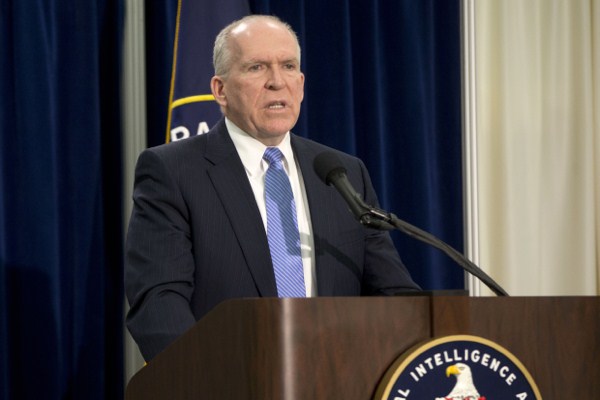After months of wrangling with the Obama administration over its release, the Senate Intelligence Committee’s 500-page executive summary of its voluminous report on CIA torture practices against suspected terrorists is a searing document that excoriates the CIA for engaging in brutal “enhanced interrogation techniques,” the agency’s euphemism for torture. Not surprisingly, the report has been roundly criticized as either factually wrong or partisan by leaders in President George W. Bush’s administration, under which the torturing took place, as well as by the CIA’s senior management team and their retired counterparts from the Bush years. Sen. Dianne Feinstein, chair of the Senate Intelligence Committee, has countered that the full 6,700-page study is “the most significant and comprehensive oversight report” in its history.
These charges and countercharges will keep journalists and scholars busy for some time, as the search for the truth continues. The episode, meanwhile, sheds new light on and raises more questions about the state of intelligence accountability in America, which the CIA has continually tried to undermine since stricter oversight rules were established in the late 1970s. Why haven’t Congress and the White House shown the courage to release the complete torture report—with appropriate edits to protect sources and methods? And why weren’t they engaged in a more robust debate about proper counterterrorism techniques long before the disastrous program sprang into existence?
The starting point in trying to weigh these questions is the Church Committee, led by Sen. Frank Church, who in 1975-1976 led a Senate investigation into allegations of CIA domestic spying. (I served as his special assistant during the 16 months of this inquiry.) The impetus for the committee was New York Times reporting on Operation CHAOS, a CIA program to spy on anti-Vietnam War protesters. That revelation was shocking to the American people, evoking images of Big Brother snooping on law-abiding citizens. The investigation further disclosed that the Federal Bureau of Investigation, the National Security Agency and military intelligence units had also violated their charters with similar acts of domestic espionage.

